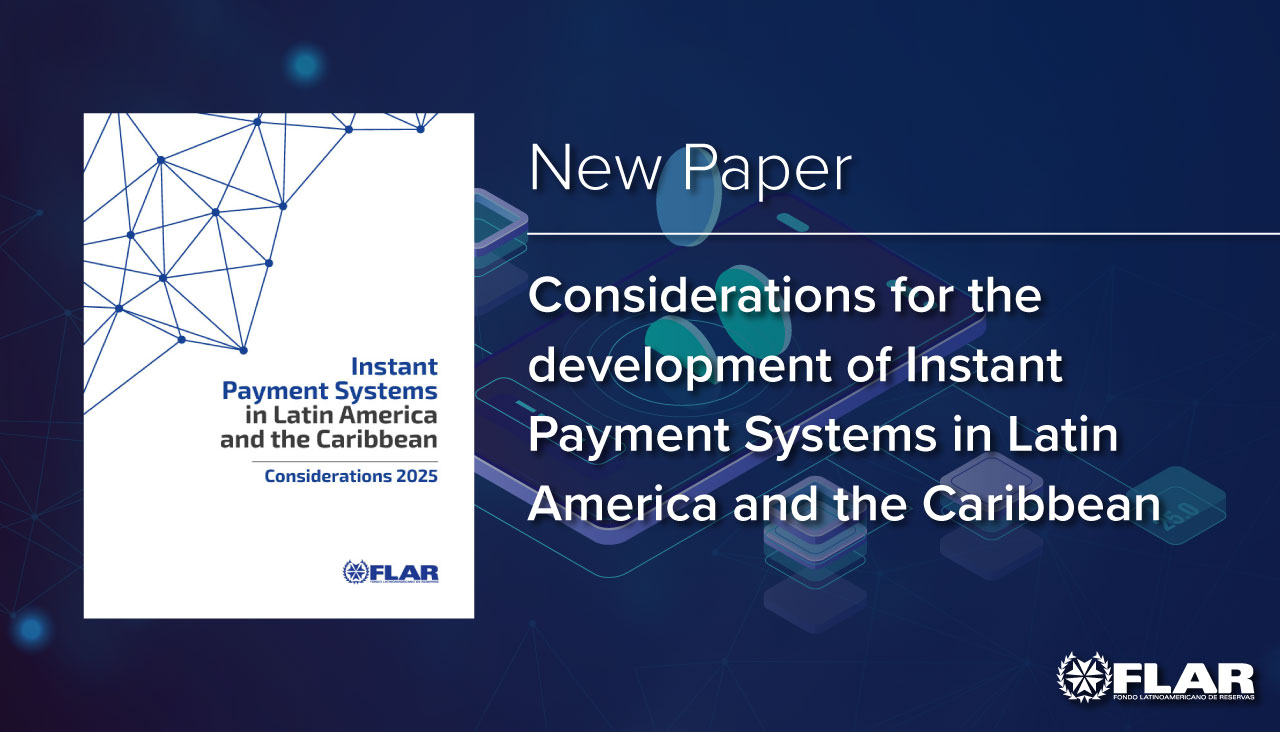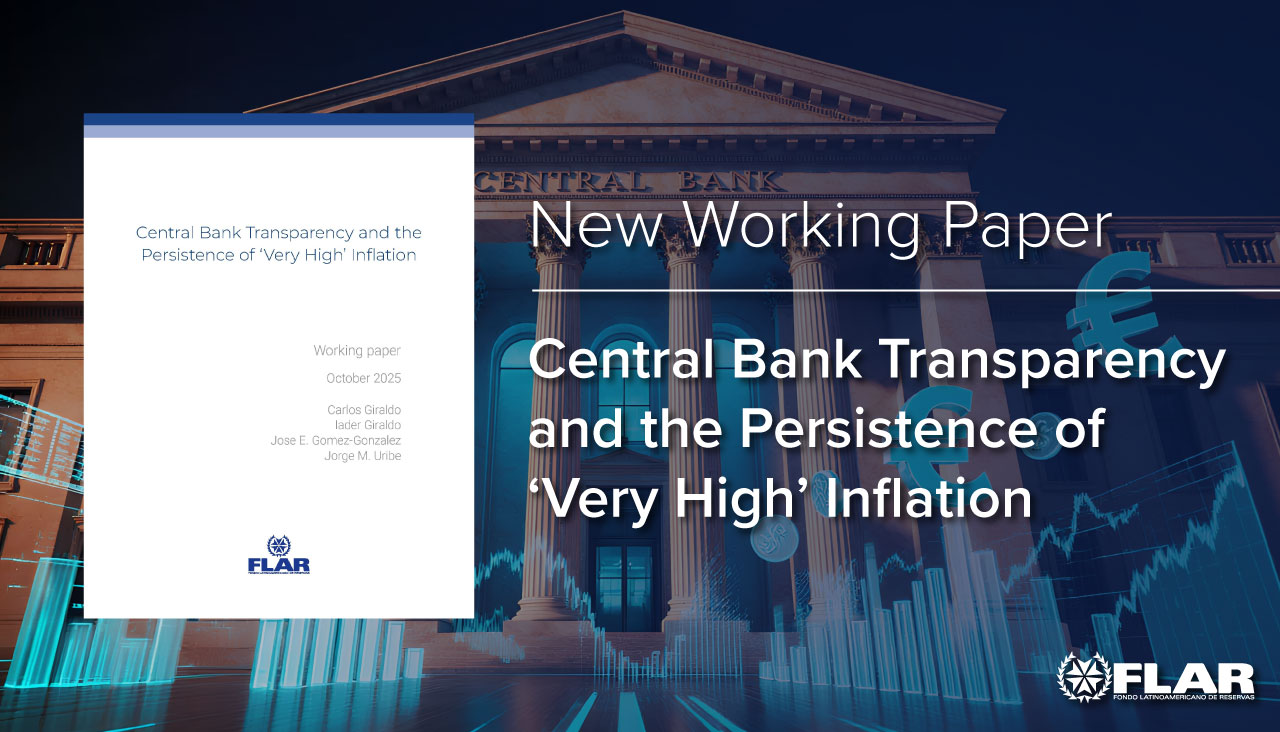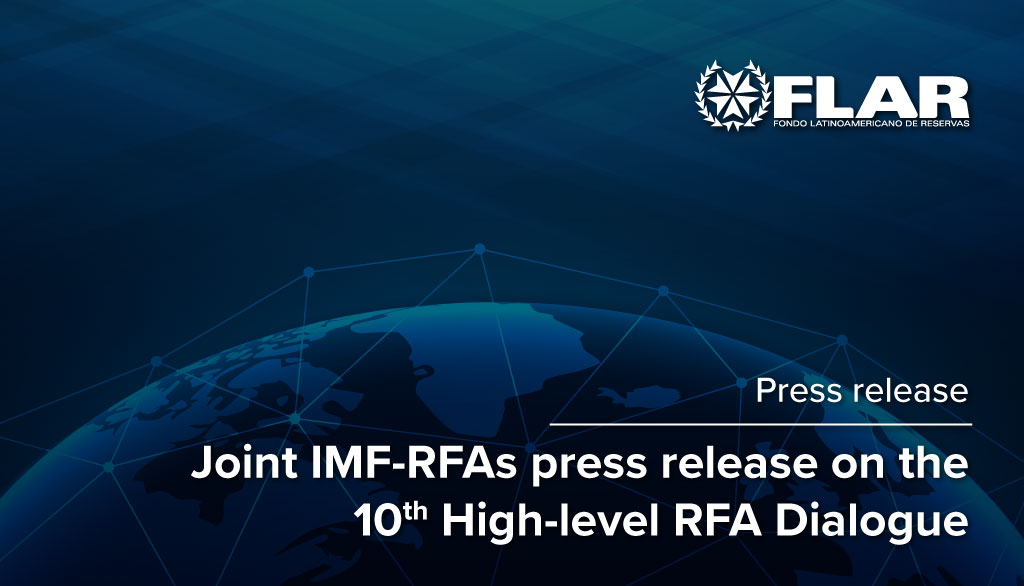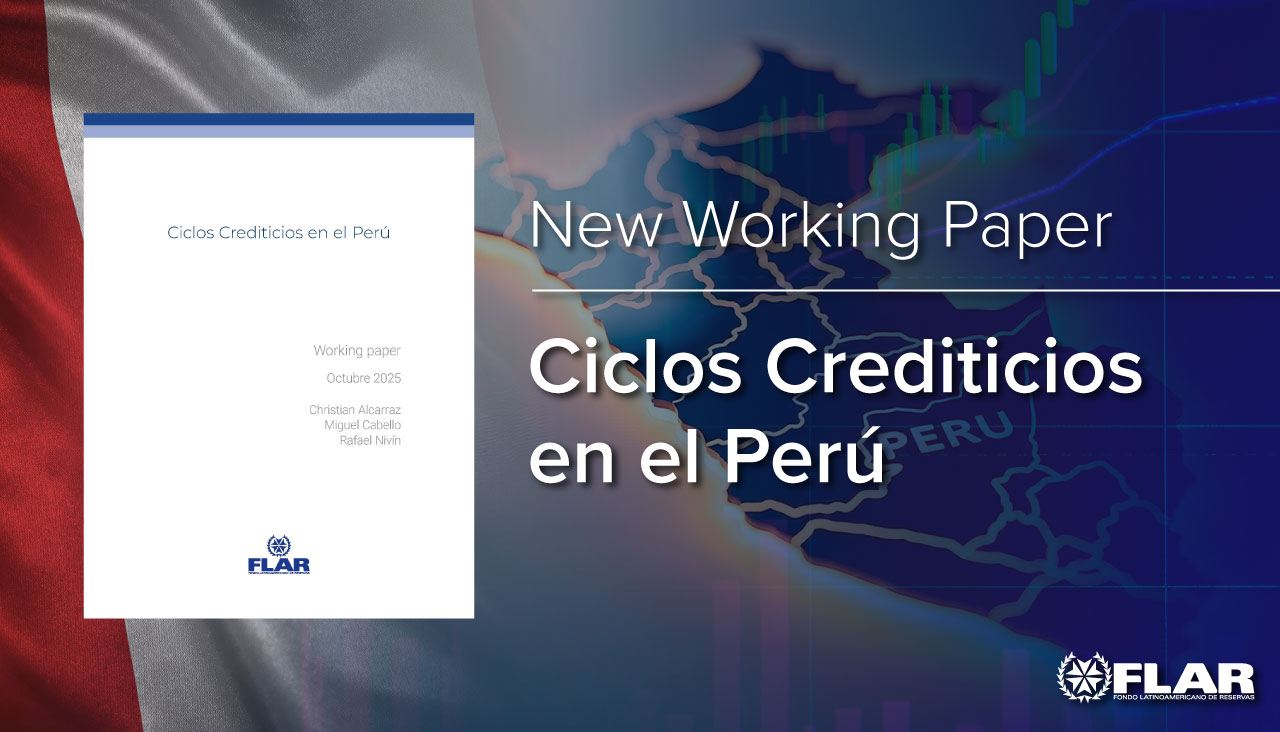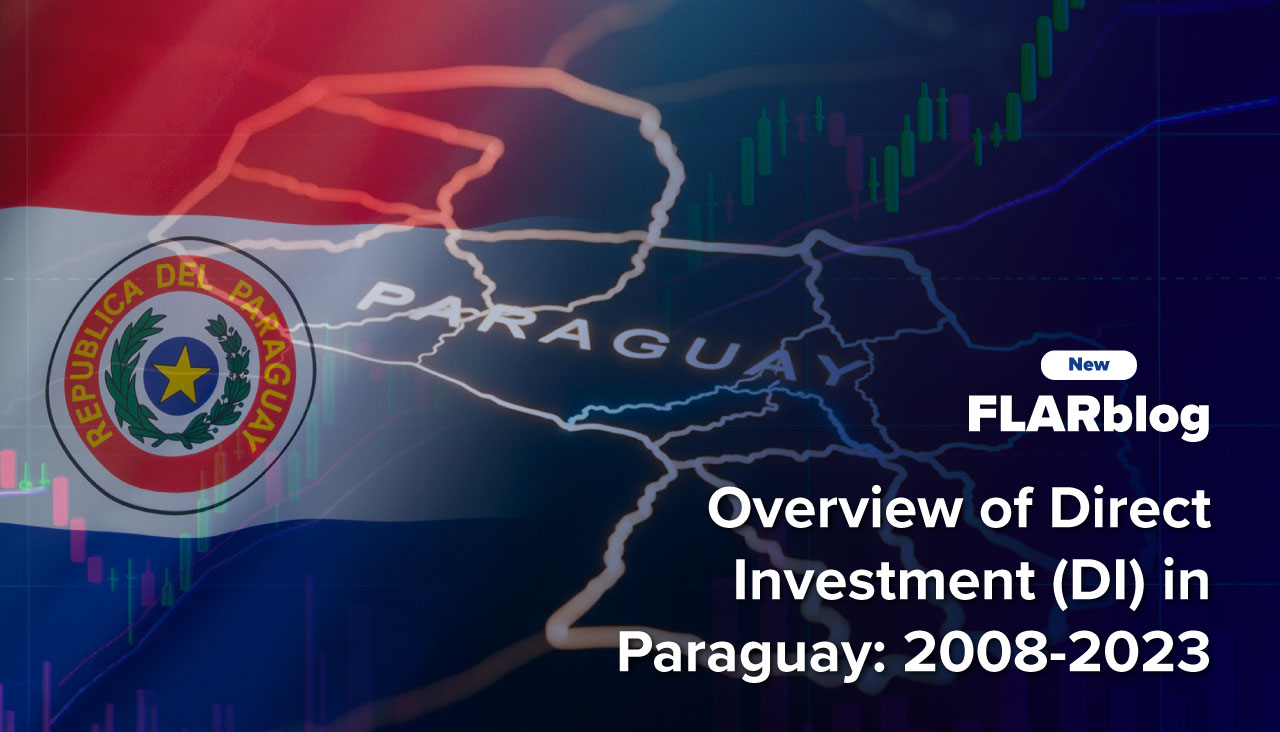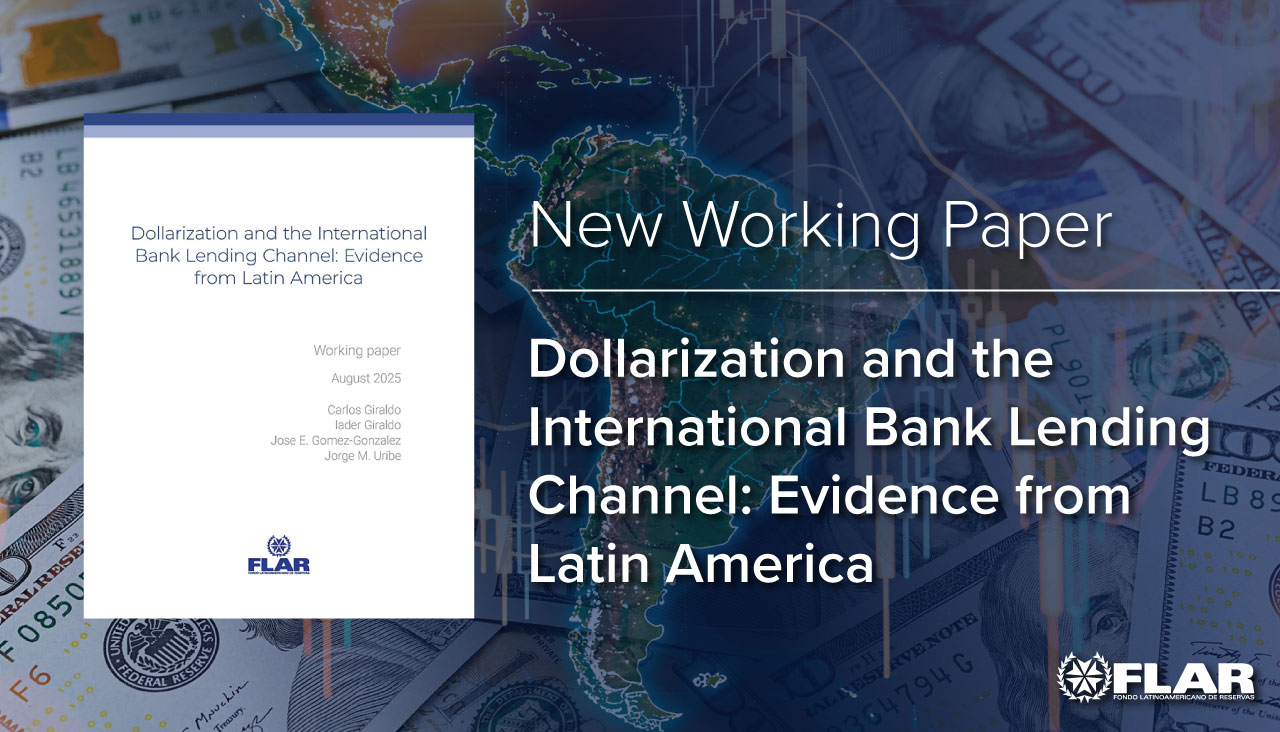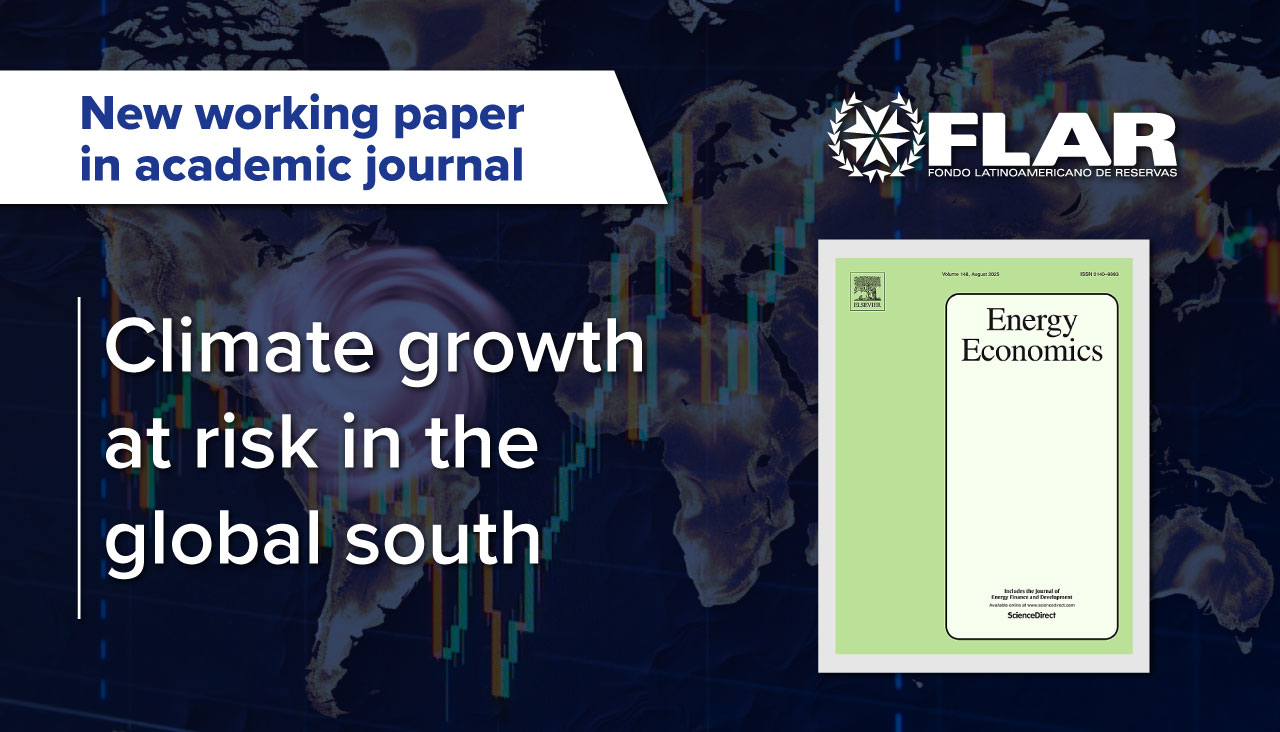The post-pandemic resurgence of inflation has renewed attention on inflation persistence and the role of central banks in maintaining credibility. While conventional explanations emphasize fiscal discipline, exchange rate regimes, or inflation targeting, these factors do not fully explain why some countries return rapidly to price stability while others experience prolonged inflationary episodes.


